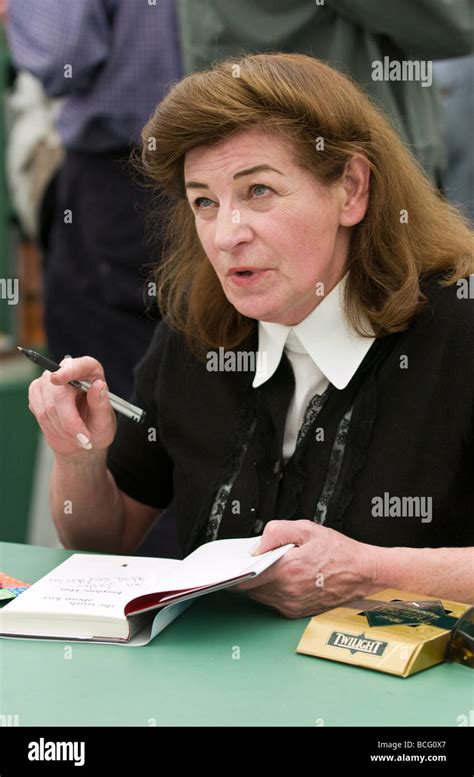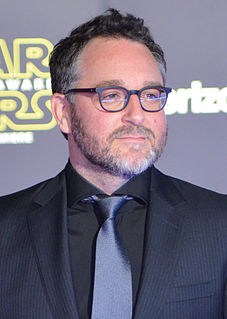A Quote by Edmund White
I felt if I went chronologically, I'd get bogged down in childhood and that's part of our culture of complaint in America. This endless wailing about your childhood.
Related Quotes
I don't know where to start," one [writing student] will wail. Start with your childhood, I tell them. Plug your nose and jump in, and write down all your memories as truthfully as you can. Flannery O' Connor said that anyone who has survived childhood has enough material to write for the rest of his or her life. Maybe your childhood was grim and horrible, but grim and horrible is Okay if it is well done. Don't worry about doing it well yet, though. Just get it down.
Strangely enough, for many many years I didn't talk about my childhood and then when I did I got a ton of mail - literally within a year I got a couple of thousand letters from people who'd had a worse childhood, a similar childhood, a less-bad childhood, and the question that was most often posed to me in those letters was: how did you get past the trauma of being raised by a violent alcoholic?
We're taught to find the antecedents to our adult failures in childhood traumas, and so we spend our lives looking bacwards and pointing fingers, rather than bucking up and forging ahead. But what if your childhood was all a big misunderstanding? An elaborate ruse? What does that say about failure? Better yet, what does that say about potential?
The thing that strikes me now when I think about the Wilderness of Childhood is the incredible degree of freedom my parents gave me to adventure there. A very grave, very significant shift in our idea of childhood has occurred since then. The Wilderness of Childhood is gone; the days of adventure are past. The land ruled by children, to which a kid might exile himself for at least some portion of every day from the neighboring kingdom of adulthood, has in large part been taken over, co-opted, colonized, and finally absorbed by the neighbors.
They say that childhood forms us, that those early influences are the key to everything. Is the peace of the soul so easily won? Simply the inevitable result of a happy childhood. What makes childhood happy? Parental harmony? Good health? Security? Might not a happy childhood be the worst possible preparation for life? Like leading a lamb to the slaughter.







































